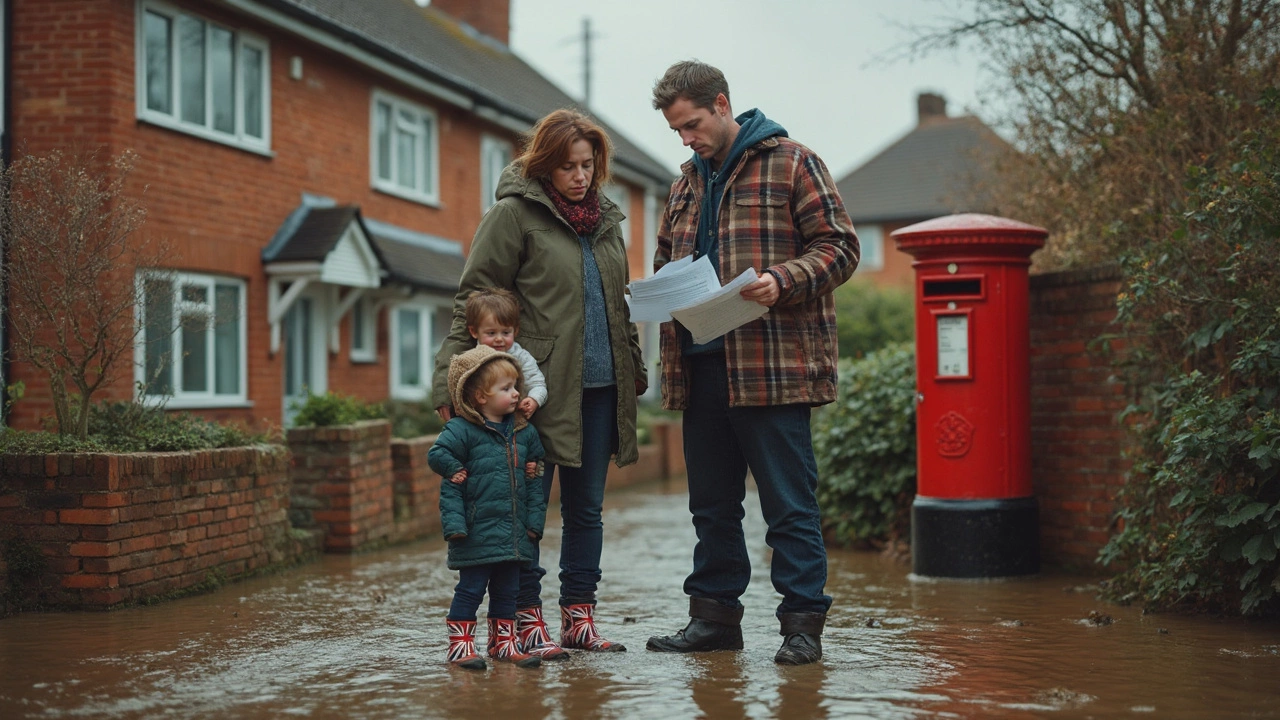Home Coverage Guide: Mortgages, Loans & Home Finance Tips
If you own a house or are planning to buy one, you’ll quickly realize that a solid home‑coverage strategy means more than just a mortgage. It’s about knowing what you’ll pay each month, how to lock in the best rates, and protecting your property from unexpected gaps. Below you’ll find straight‑forward advice that cuts through the jargon and helps you make smarter decisions.
Understanding Mortgage Rates & Payments
First up, mortgage rates. In 2025 the average 30‑year rate hovers around 5‑6%, but that number can swing wildly based on your credit score, loan amount, and whether you choose a fixed or variable deal. Use a simple calculator: multiply the loan amount by the annual rate, divide by 12, and you have a ballpark monthly payment. For a £200,000 loan at 5.5%, you’re looking at roughly £1,150 before taxes and insurance.
Don’t forget about extra costs like arrangement fees, valuation fees, and early‑repayment penalties. These can add several hundred pounds to your upfront expenses. If you’re budgeting tightly, a lower‑rate deal with a small fee might beat a “no‑fee” offer that carries a higher interest rate over the loan’s life.
When you hear about “remortgaging,” think of it as refinancing your existing mortgage to get a better rate or change the term. Our recent article on remortgaging shows a real‑life example where a homeowner saved £3,000 a year by switching after five years. The key is to compare the total cost, not just the headline rate, and make sure the savings outweigh any exit fees.
Protecting Your Home with Insurance & Equity Options
Homeowners insurance often leaves people surprised. Most policies cover fire and theft, but many exclude flood, earthquake, or accidental water damage. Before you sign, read the exclusions list carefully and ask your broker about add‑on cover for the risks that matter in your area.
Equity release is another tool for older homeowners who need cash without moving. It lets you unlock a portion of your home’s value, but you’ll repay the loan when you sell or pass away. Our guide on buying back after equity release explains how you can reclaim ownership if your finances improve later on.
For those with existing home equity loans, the monthly payment can be calculated similarly to a mortgage. A £60,000 loan at 4.2% over 10 years works out to about £610 a month. Pay extra when you can; reducing the principal early cuts interest dramatically.
Finally, keep an eye on credit scores. Even if you’re only looking at a home equity loan, a higher score can shave points off your interest rate. Simple steps—pay bills on time, lower credit card balances, avoid new credit inquiries—can boost your score by 20‑30 points in a few months, saving you hundreds of pounds over the life of a loan.
In short, solid home coverage blends smart borrowing with robust protection. Compare rates, understand fees, read the fine print on insurance, and consider equity options only when they truly fit your long‑term plan. With these basics, you’ll be in a stronger position to keep your home safe and affordable.

This article unpacks the 80% rule in homeowners insurance and why it can make or break your claim. Find out how insurance companies use this rule to decide payouts, what counts as 'replacement cost,' and how to avoid potentially costly mistakes. Get straightforward tips for checking your current coverage and boosting your protection without blowing your budget. No fluff—just the details you need to keep your home and your wallet safe.
Read More
Wondering what your homeowners insurance actually covers? Two common disasters—floods and earthquakes—aren’t covered by a typical policy. Many people only find this out after facing huge repair bills. This article explains why these exclusions exist and what you can do about them. Get clear answers and tips to make sure you aren’t blindsided if disaster strikes.
Read More